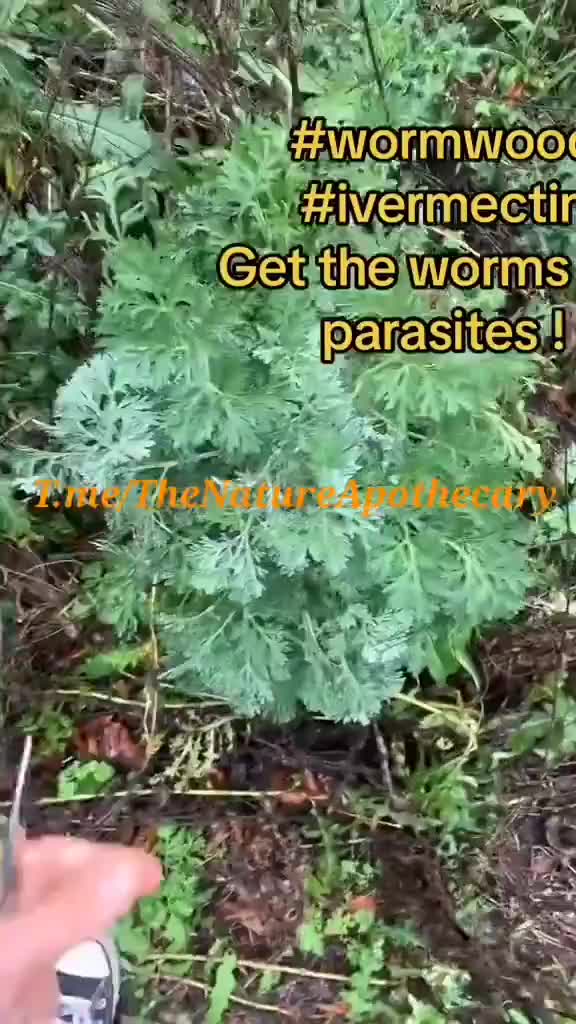USCG VET
@USCG_VET_IS_BACK
05 February, 01:34
Notice: Undefined index: tg1tga_access in /home/admin/www/anonup.com/themes/default/apps/timeline/post.phtml on line 396
Rebel MacB
@BornRebel
05 February, 09:33
In response USCG VET to his Publication
I would do some research on this. From what I understand, ivermectin comes from a micro-organism found in soil and wormwood (artimisia) is a plant. Both are anti parasitic but I do not believe they are the same thing.
Here is a link to an article about Ivermecting and also provides other natural alternatives, wormwood being one of them:
https://suzycohen.com/arti...
Here is a link to an article about Ivermecting and also provides other natural alternatives, wormwood being one of them:
https://suzycohen.com/arti...

Ivermectin and Natural Alternatives - Suzy Cohen, RPh offers natural remedies to help you feel better now!
Ivermectin was first discovered in Japan, at The Kitasato Institute which is a private medical research complex established way back in 1914. Ivermectin came
https://suzycohen.com/articles/ivermectin-and-natural-alternatives/Notice: Undefined index: tg1tga_access in /home/admin/www/anonup.com/themes/default/apps/timeline/post.phtml on line 396
USCG VET
@USCG_VET_IS_BACK
05 February, 10:03
In response Rebel MacB to her Publication
A team of researchers that includes Worcester Polytechnic Institute Biology Professor Pamela Weathers has found that extracts from the leaves of the Artemisia annua plant, a medicinal herb also known as sweet wormwood, inhibit the replication of the SARS-CoV-2 virus and two of its recent variants.
https://medicalxpress.com/...
https://www.sciencedirect....
https://medicalxpress.com/...
https://www.sciencedirect....
Notice: Undefined index: tg1tga_access in /home/admin/www/anonup.com/themes/default/apps/timeline/post.phtml on line 396
I do not know anything about sweet wormwood, but I found an interesting reference if people want to investigate. It is from a book called "Dumas on Food: Recipes and Anecdotes from the Classic Grand Dictionnaire de Cuisine." On p. 39 is an entry called Absinth (or Wormwood) / Absinthe. The entry describes the use of the "green muse" by poets and soldiers and how it contributed to many deaths. Again, I am not sure if the two are connected, but I read the reference a while back and set it aside because it was interesting given the discussion of wormwood I have seen here previously. It mentions two types (Roman and Pontic or little absinth).
10:55 AM - Feb 05, 2024
In response USCG VET to his Publication
Only people mentioned by Fight_for_Life in this post can reply

